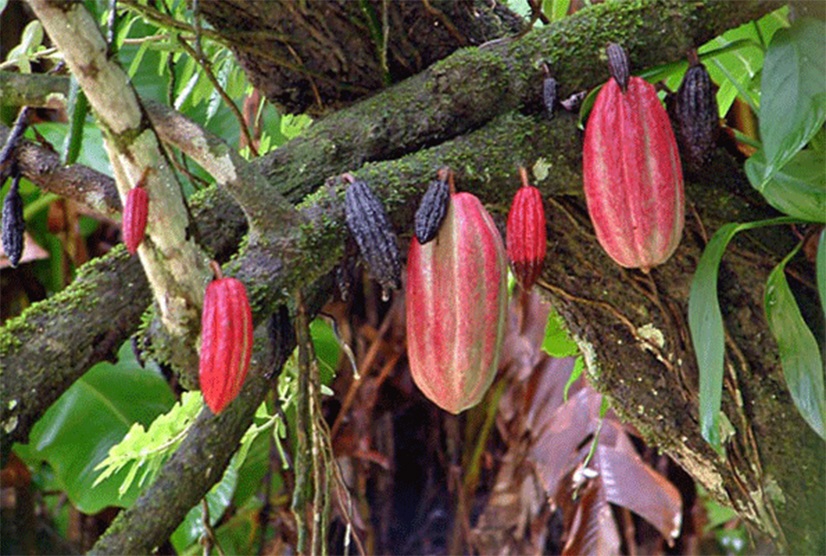
Uganda’s Cocoa exports have surged by 42 percent in the last few years
HABARI DAILY I Kampala, Uganda I Cocoa has become a major forex export earner, bringing the need for certification to the fore, if Uganda is to maintain its market share.
According to the Ministry of Agriculture, Animal Industry and Fisheries (MAAIF), earnings from Cocoa have increased significantly over the last two years, rising by 88.2%, from $72.8 million to $620.43 million.
“Sustainable production, value addition and access to premium markets remain key priorities to increase competitiveness and farmer earnings,” says MAAIF.
It says that with support from the European Union, under the Coffee and Cocoa Value Chains Development Project (CoCoDev), they are now putting in place mechanisms to increase certified Ugandan cocoa and coffee and exports.
CoCoDev has supported the development of a certification guide to empower small scale holder farmers to undertake this critical process.
CoCoDev has henceforth organized a series of training on certification standards targeting government and private sector extension officers, drawn from across central, northern and eastern Uganda.
The trainings target 80 extension workers from MAAIF and private sector companies such as Kyagalanyi, Bugisu Cooperative Union, Masha Coffee and KAWACOM, amongst others, on use of the guide.
MAAIF further says that the trainings will enable participants to acquire the knowledge and skills required to support coffee and cocoa farmers to acquire sustainable certification.
“After the training, the extension workers will use the knowledge and skills acquired to support farmers in getting certified under certification schemes of choice, and guide them on how to comply with the standards.
The certification standards to be used as core examples for the training were: Organic, Fairtrade and Rain Forest Alliance.
“It is those demands that we must comply with, or follow, to be able to market our product, whether it is coffee or cocoa. We must also meet the growing demand for sustainability, among other demands. Sustainably produced and certified coffee and cocoa are growing in demand, so smallholder farmer certification is key,” Kabibi, an assistant commissioner at MAAIF noted.
She thanked the European Union for supporting the development of the coffee and cocoa smallholder farmer certification guide and for their support through the GreenUp program, and CoCoDev, which is enabling the certification work.
Sandra Kamenya, the Acting National Project Coordinator, noted that Uganda needs to be market-ready and follow some of the global trends, which will increase value and market access of Ugandan coffee and cocoa.
“That is why CoCoDev, with the support of the technical advisory team, contracted a consultant to develop a Sustainable Certification Guide, which can be used to train the public and private extension workers” she noted.
“We are here to equip extension agents so that you will become trainers of trainees and you will go out there to empower and instruct other extension officers, village agents, cooperative leaders, and coffee and cocoa farmers nationwide,” she said during a recent training at Hill Top Hotel, Mbale City.
She added that sustainability is no longer a choice but a necessity in coffee and cocoa production. “Uganda’s producers need to adapt sustainable practices to remain competitive,” she said, adding that
while the benefits of certification are immense, uptake by coffee and cocoa farmers remains low due to knowledge and skills gaps.
On increasing Uganda’s certified coffee and cocoa in global markets, Kamenya said that out of the 7.77 million coffee bags, worth $2.22b exported in financial year 2023/24, the percentage of certified coffees remained low.




